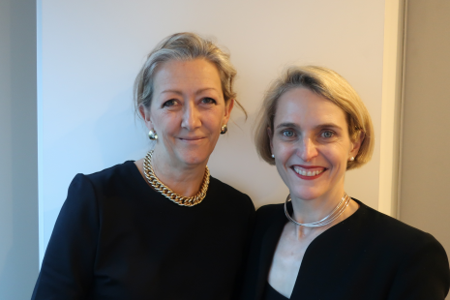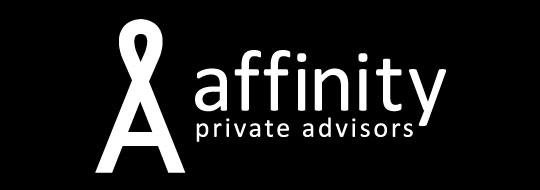
A world class property expert
28/02/2018
The art of perception – changing your life by seeing more clearly
07/03/2018Meeting Kate Seselja, you would never know that an addiction to playing the pokies almost cost her life. Today she is a United Nations Sustainable Development Goal Advocate and the founder of The Hope Project, using her own experience to help others shake the insidious grip of addiction and destructive behaviour.

Kate Seselja, founder of the Hope Project, overcame an addiction to the pokies.
Listening to Kate tell her story about how her debilitating addiction left her broke and suicidal, it’s easy to think “that would never be me” if you’ve never set foot inside a gaming room. But how healthy is your relationship with credit cards? The traits of pokiesand credit card addictions manifest in similar ways.
At what point does putting $20 through the pokies turn into burning through your all your savings? When does a case of occasional overspending enter the realm of credit card addiction?
Both compulsions cause us to detach from our economic reality and if left unchecked, can have devastating results. Here are some red flags to indicate your spending with credit might have some similarities to problem gambling.
Hiding spending from a partner
According to ASIC’s MoneySmart site, Australians collectively owe about $33 billion on credit cards and The Victorian Responsible Gambling Foundation figures suggest between 2015 – 2016 Australia’s electronic gaming machine expenditure reached $12.1 billion.A key indicator you’re in over your head with pokies or credit cards is dishonesty. Addicts will go to great lengths to keep the extent of their gambling and spending habits from their partner or loved ones. This deceit can put enormous amounts of stress on a relationship and lead to far more than financial ruin.
More is going out than coming in
Problem gambling often starts with small, manageable bets but can snowball into addiction when a punter is spurred on by a big win. Amounts scale quickly and pretty soon they’re putting more through the machines than they’re winning back.Credit card addicts find themselves caught in the same type of downward spiral, charging more to the cards than they’re paying off each month. The interest on the debt continues to mount and before long even the minimum payment can’t be met. It’s like trying to bail out a boat while someone keeps pouring water in.
Relieving stress by spending money gambling or on credit
The stress of running a new business, being pregnant with her second of now six children and tackling home renovations at just 23 became overwhelming for Kate and gambling was a way to escape. Real life is put on hold in the colourful, musical engine of a poker machine floor and the absent-minded automation of playing the slots is a soothing distraction from stress-related obligations.

Spending on credit cards can have a similar psychological effect to playing pokies.
Spending large on credit cards can have a similarly anaesthetising effect as the machines. Many of us indulge in a spot of retail therapy to ease stress but when retail therapy with maxed out cards becomes a habitual form of stress relief, debt and addiction issues spiral quickly out of control.
Denial
Battling a serious case of denial, Kate believed she had her pokies habit under control and it took years of struggling with her addiction before finally reaching out for help to Lifeline. Credit card addicts experience the same type of denial. By not opening credit card statements or checking balances online, they can deny, at least for a while, the financial dire straits they’ve dug themselves into. Every week spent denying the problem is another week the debt continues to grow.
Mounting debt and unpaid bills
Pokies addicts will use cash for basic financial commitments like rent, mortgage, food and utilities and put it through the machines, dangerously over extending their financial capacity and putting pokies before the financial welfare of themselves and their families.
Article by Catherine Robson. Published by The Sydney Morning Herald, March 1, 2018.




